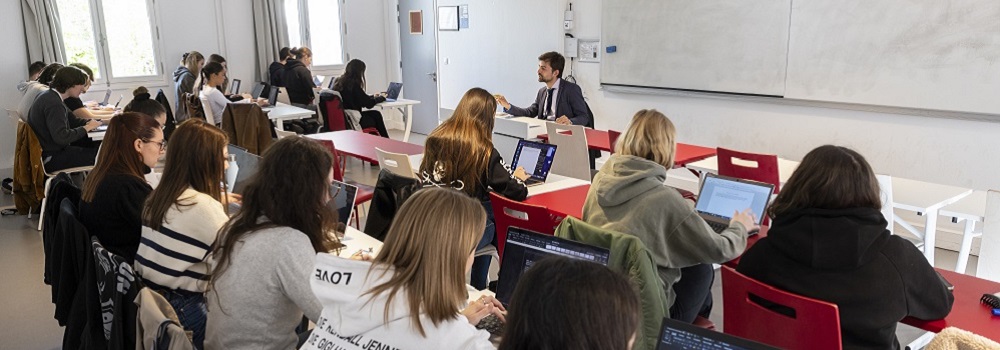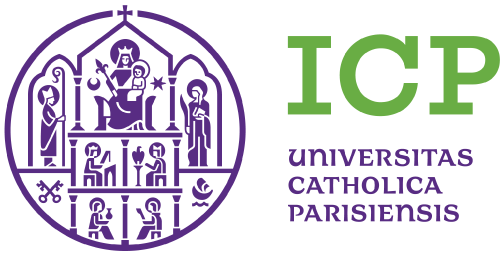Introduction
Though Peace Research emerged in the 1950s and 1960s, it did not break through conventional thinking on war and violence until the 1990s, after the end of the Cold War. Drawing from the fields of politics, psychology, sociology, public ethics amongst others, peace research is, by definition, inter-disciplinary. Nevertheless, over the years, peace researchers have focused on a few major areas of enquiry: the causes and conditions of violence and war, conflict resolution and transformation mechanisms, the norms and institutions that contribute to building peace and peace practices. Unforeseen by experts (realists, liberals, marxists) as well as by historians, the largely bloodless end of the Cold War opened a debate both in the theory and in the practice of international relations (on polarity, on the impact of ideas, on democratisation and elections, on demilitarisation etc.). Like feminists, postmodern and constructivists thinkers, but with forty years of research insights and several established programmes, peace specialists took advantage of these changes and brought to the fore major contributions to our understanding and approaches of conflicts. These include (but are not limited to) large scale data programmes on institutional violence, several key tools in conflict analysis, the theory and practice underpinning notions such as peacekeeping, civilian peace intervention, arbitration, mediation, multi-track negotiations, truth and reconciliation commissions etc. Except in France, peace-based approaches have become mainstreamed into the discourse of most military actors including the US and Russia, as well as experimented by many, especially multilateral actors such as the UN, the EU and other regional organisations. 9/11 terrorist attack and the quick return of violence-based international politicsolence-based international politics, have had a strong negative impact on the reality of peace programs, especially when it comes to financing peace efforts, and supporting international law. Over the last 10 years, wars, populism and nationalism have been on the rise fragilizing further any reference to peace. It is therefore necessary to study critically the rhetoric, the language and the programs that speak about peace. This course is an introduction to peace research with a focus on understanding the dynamics of peace (to balance for the emphasis on studying conflict in the rest of the Master curriculum). A large section of the course will be devoted to enlarging our understanding of peace and its links to that of conflicts. We will study the intertwined notions of peace and violence, positive and negative peace in the life cycle of conflicts, the depth and roots of peace, peace and war
actors, the role of education, culture both in conflict formation and conflict transformation, peace processes and their limits. The course will also include case studies focused on identifying the dynamics of peace and conflicts as well as modes of intervention including those of civilians, both local and international.
Objectives
At the end of the course the students should be able to:
1 Identify and define different approaches to the notion of peace and their links to conflicts.
2 Name and use reliable Peace Research resources.
3 Debate in English.
Program
Course Structure and Evaluation
The course is meant for students to discover peace research concepts and to experiment with basic tools of analysis. It is designed to help them build a practice and gain self-confidence in the topic as well as in English.
This course is made of 8 sessions of 3 hours each, one concluding 2-hour session and one 2-hour exam. Each teaching session includes lectures, brainstorms, exercises (based on homework), book review presentations. Participation is crucial and observed.
To pass the course the students will have to participate (25%), to present a book (25%) and to take the final exam (50%). Book reviews last 10 minutes maximum and the students must fulfil specific conditions (bring the book, show me their reading notes, and answer specific questions– detailed on the online platform).
Course Rules
Students must arrive on time. The door will remain open for ten minutes after which I will close it and ask you not to disturb the course but to wait for the break. Food, drinks (except for water), cell phones, are not allowed during class. Computers are welcome if they are used ONLY to take notes or for in-class exercises. The lecturer will ask any student not respecting these rules to leave the room. Alternatively, the lecturer may ask ALL computer devices to be closed. Last, but not least, it is essential that students come prepared to the sessions. Key reading will be given for each session (except on the first day). I may check whether this has been done. Reading will be placed on the online platform as the course unfolds. You are also encouraged to contribute and share your tips and resources on the topic on the discussion forum. Any idea, new link or new document is welcome.
Bibliography
Autessere Severine (2014) Peaceland, Conflict Resolution and the Everyday Politics of International intervention (New York: Cambridge University Press) Caplan Richard, Mesuring Peace, Principle Practices and Politics (Oxford University Press 2019)
Chenoweth Erika and Stephan Maria (2011), Why civil resistance works (New York: Columbia university Press)
Collier Paul (2010), Wars Guns and Votes (Oxford OUP) Dudouet Véronique ed. (2015), Civil Resistance and conflict transformation, transition from armed to nonviolent struggles, (London: Routledge) Furnari Ellen, Janzen Randy, Kabaki Rosemary (2023), Unarmed Civilian Protection, a new paradigm for protection and human security, Bristol: Bristol University Press
Garton Ash Thimothy and Roberts Adam édit. (2009) Civil Resistance and Power Politics (Oxford: Oxford University Press)
Lederach John Paul (2005), The Moral Imagination, the art and soul of building peace (USA: Oxford University Press)
Philpott Daniel (2012) Just and unjust peace (New York: Oxford University Press)
Pinker Steven (2011), The Better Angels of our Nature (New York: Viking)
Wallensteen (2015) Quality Peace, peace building, victory and world order (Oxford: Oxford University Press)


 Libraries
Libraries
 Practical information
Practical information
